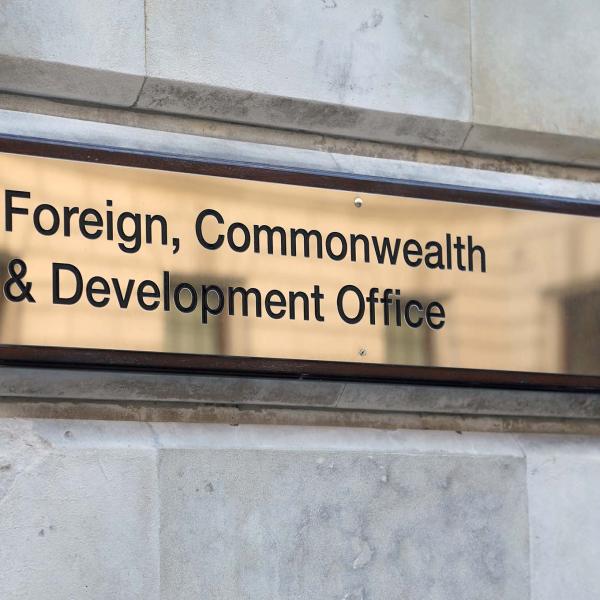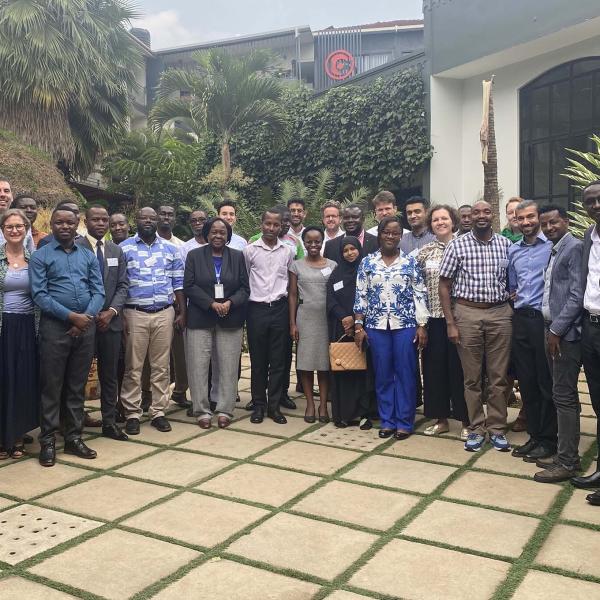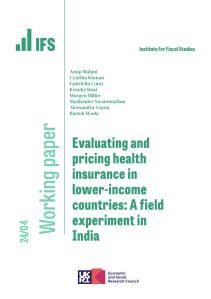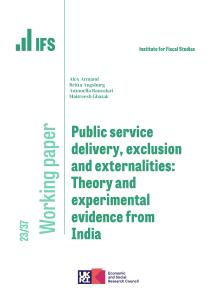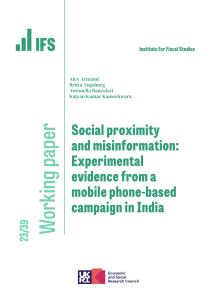The case for investment in water, sanitation and hygiene (WASH) has been convincingly made. WASH is essential for protecting public health, is a human right and investing in it is compelling from a fiscal and economic point of view. While the estimated $114 billion per year of capital investments required to meet universal access to safely managed water and sanitation services by 2030 is often portrayed as a hefty price tag, current best estimates of benefit-to-cost ratios leave little doubt about its value.
What is less clear is how to allocate resources efficiently. There is limited evidence on the cost efficiency and cost effectiveness of various policy and implementation choices. The underlying drivers of demand for (new) technologies and solutions are, for example, poorly understood, as is beneficiaries’ willingness to pay (WTP), leading to open questions about pricing policies and sustainable business models.
This is in contrast to other infrastructure sectors, such as energy and transport, where active literature on the economics and financing of services has been more helpful in defining national and international policy. Our objective with this Special Issue is to encourage the WASH sector to follow suit and start to effectively engage and research these issues.
At the heart of this Special Issue therefore, are papers which highlight some of the specificities, and challenges of conducting full economic evaluations of WASH interventions, provide a deeper understanding of potential solutions, and present new findings on costs and outcome measures, thereby contributing towards a fuller picture of WASH cost-effectiveness.





